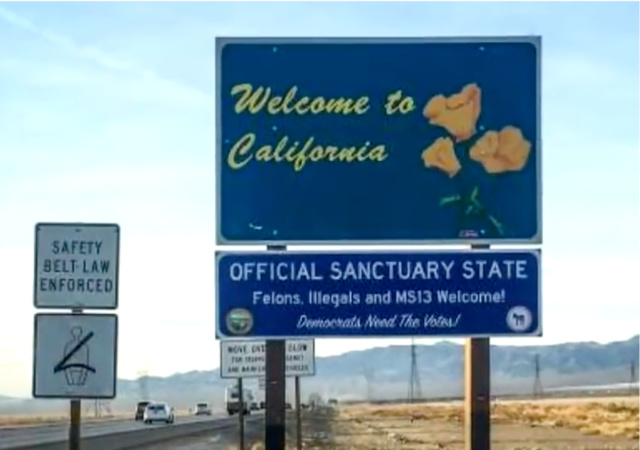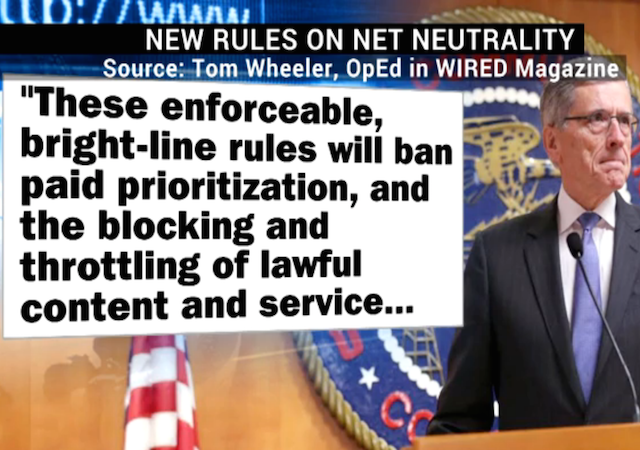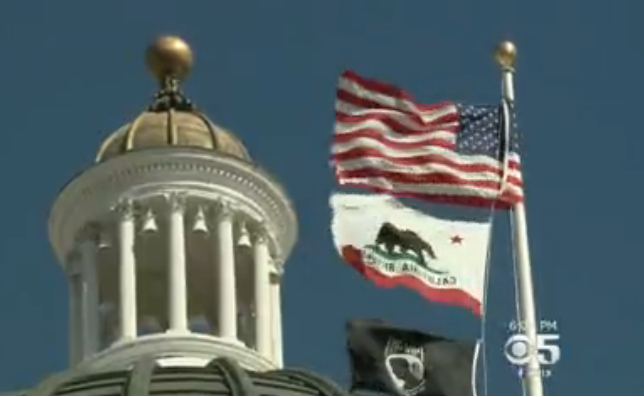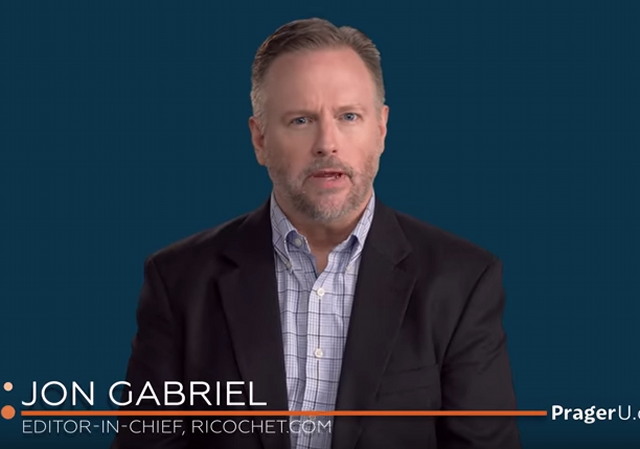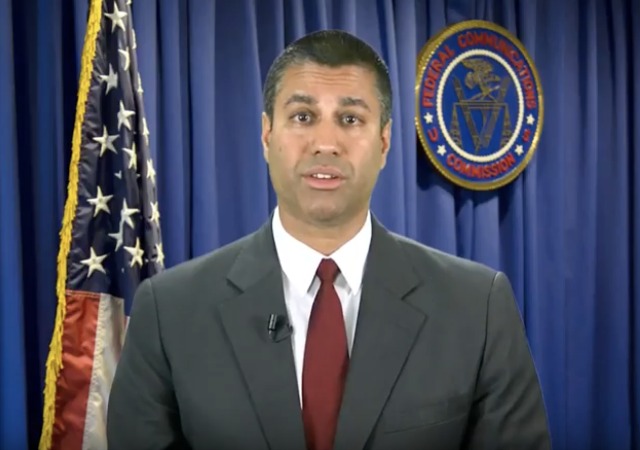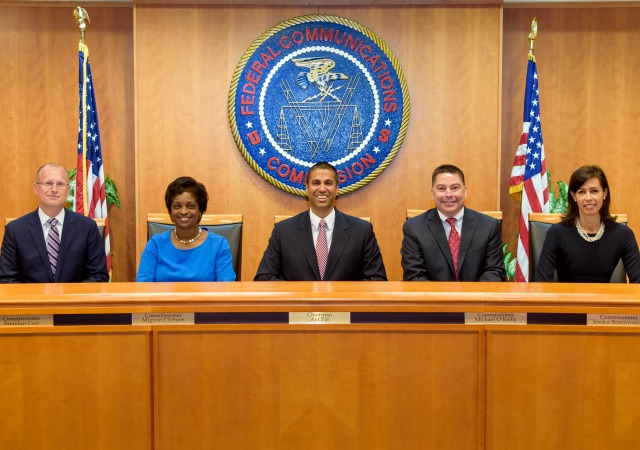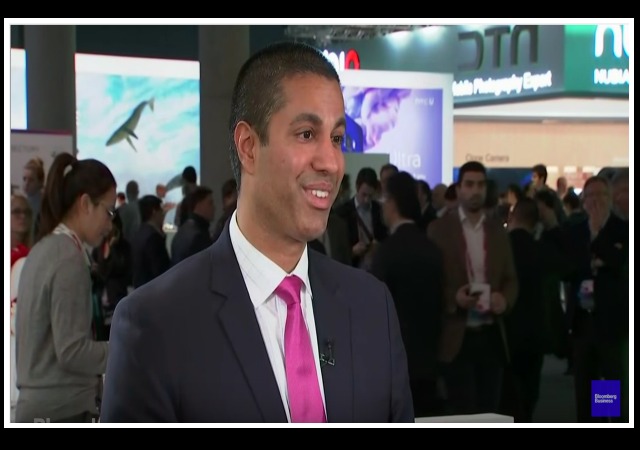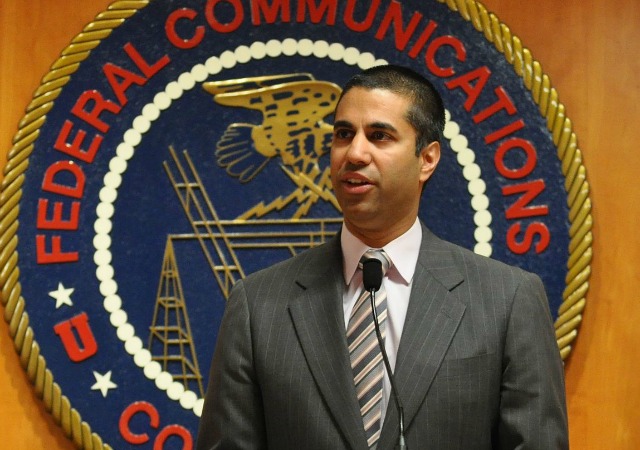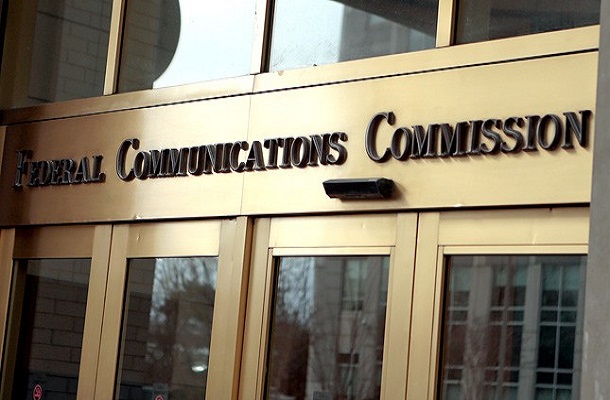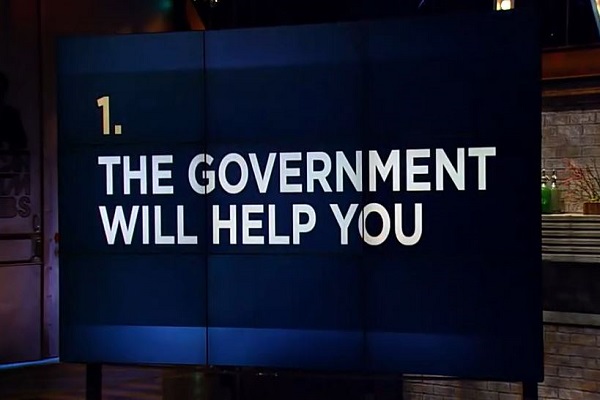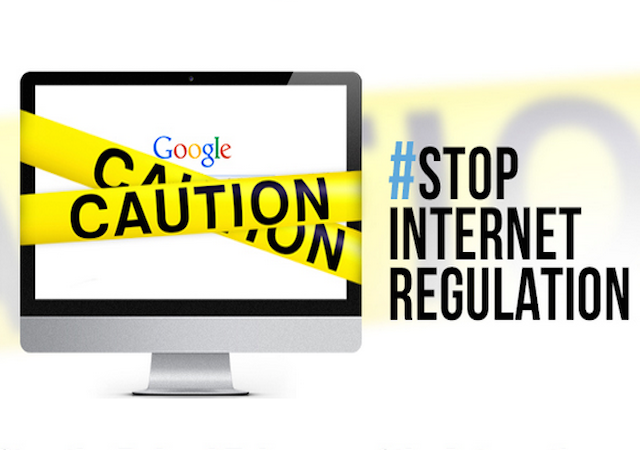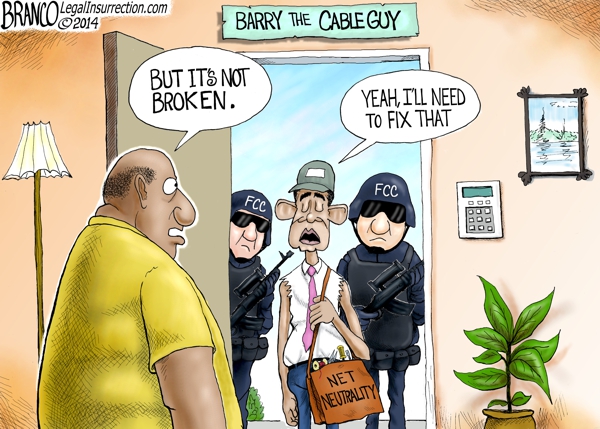Controlling the internet is a goal of the progressive left, including the White House, and
we've covered one of their angles to that end, net neutrality, here at LI. On Friday, the House passed
a bill that would prohibit the FCC from "setting or setting or reviewing the rates that companies charge for internet service."
The Hill reports:
The House on Friday passed a bill to ban the Federal Communications Commission from setting or reviewing the rates that companies charge for internet service.
The largely party-line vote is a win for Republicans, who have pushed for the past year to nibble away at the FCC’s internet regulations, which are currently being challenged in federal court.
Obama has indicated that
he will veto this bill restraining the FCC's ability to regulate the internet or to set rates (and otherwise pick winners and losers), so as the Hill reports, this bill will not be enacted this year.
The stand-alone bill has no real chance of of being enacted this year with a White House veto threat hanging over it. The FCC says it has no intention of setting the price of internet service under its net neutrality rules, but Democrats argue the bill approved Friday is too expansive.

